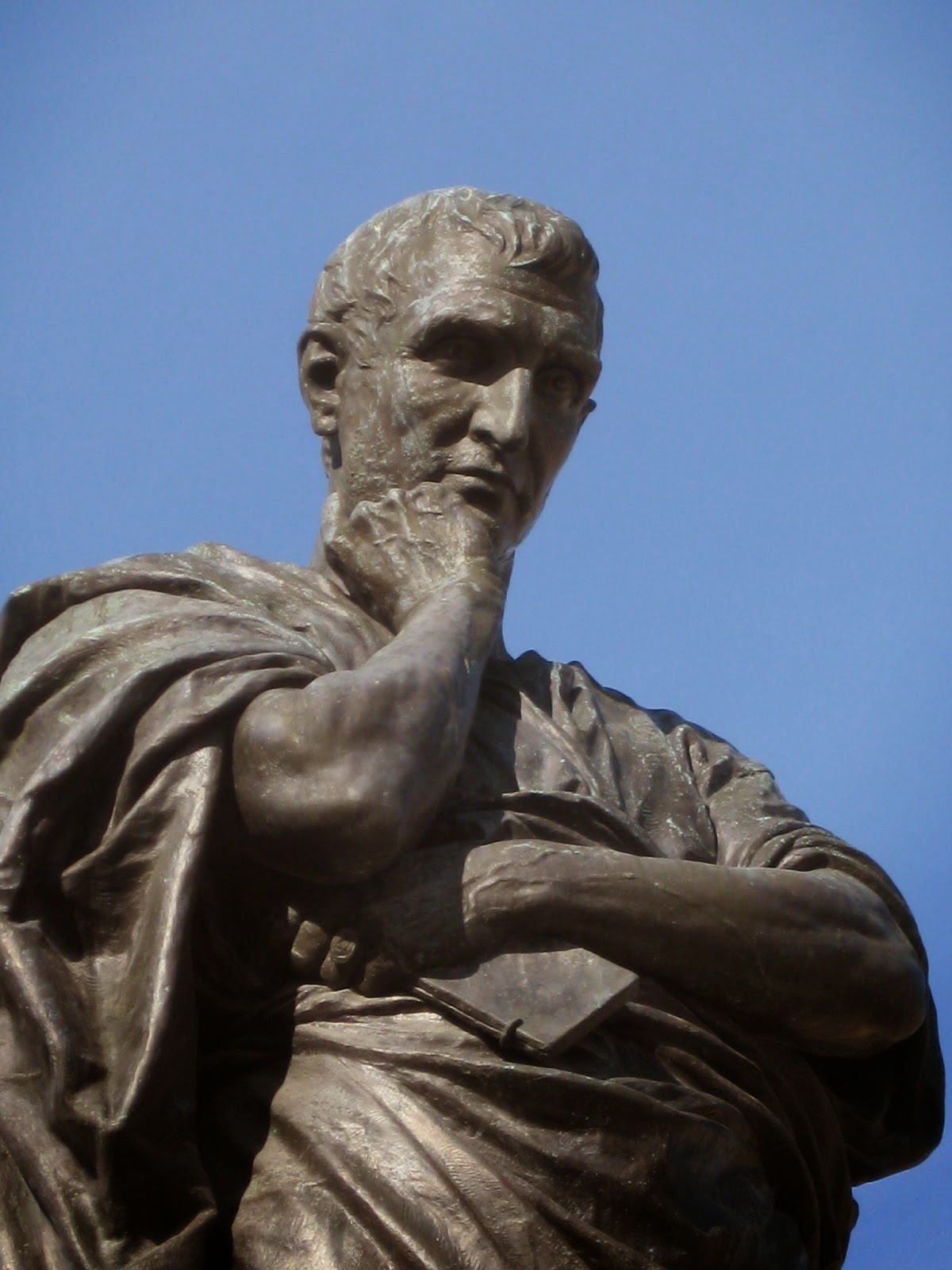
“Ulysses” rather than “Odysseus,” “Jupiter” rather than “Zeus.” In these notes the Roman names are generally used, i.e. Remember that after following a link you need to click the “back” button to return to the spot where you were reading.

Rather than constantly repeat the same explanations, I have created links so that you may look up figures discussed earlier. He returns to some stories over and over again. Feel free to skim through these passages, but you may find that the following notes add a lot to your understanding of these writings by explaining the various allusions.

The modern reader may feel frustrated by these “interruptions” which were read fluently as decorative touches in his own time by an audience extremely familiar with the myths to which he alludes. What is definitely not contemporary about Ovid is his love for mythological allusion. Note the many passages in which he is clearly making fun of himself. What can take the edge of the offense is his self-deprecating humor. Some readers find him offensive, but in a familiar way: there are plenty of men around today who think just like him. If his voice seems amazingly contemporary it is because of his “modern” cynicism and frank pleasure in sex for its own sake. It is sometimes suggested that the puritanical Emperor Augustus exiled him because he was offended by Ovid’s love poetry, but this is uncertain. His Tristia recount his lonely banishment away from Rome at the end of his life. The continuing fame of these poems was owed partly to his authorship of a much greater work, the Metamorphoses, by far the most important source for Greco-Roman mythology for later Europeans. He makes it clear repeatedly that for him love (read “sex”) is a game much like poker, demanding great powers of strategy and deception, but not the very foundation of life itself. His beloved was typically a pretty but ordinary courtesan, not a noble lady in a tower. Unfortunately much of his humor was lost on Medieval interpreters, and they often discussed his ideas over-seriously in the context which came to be known as “courtly love”–a concept which would have been alien–and ridiculous–to Ovid. It was not only Chaucer who read Ovid’s love poetry every educated person with the slightest interest in the subject did so. What Humphries does not make clear is that these originally rather frivolous poems had a momentous influence on later European civilization. Some of the references to modern culture have dated since 1957, but it is still interesting and useful. Read the introduction to this translation.

Publius Ovidus Naso (Ovid): The Loves (25-16 BCE?) Notes for the translation by Rolfe Humphries of selections from the Amores and the Ars Amatoria.


 0 kommentar(er)
0 kommentar(er)
